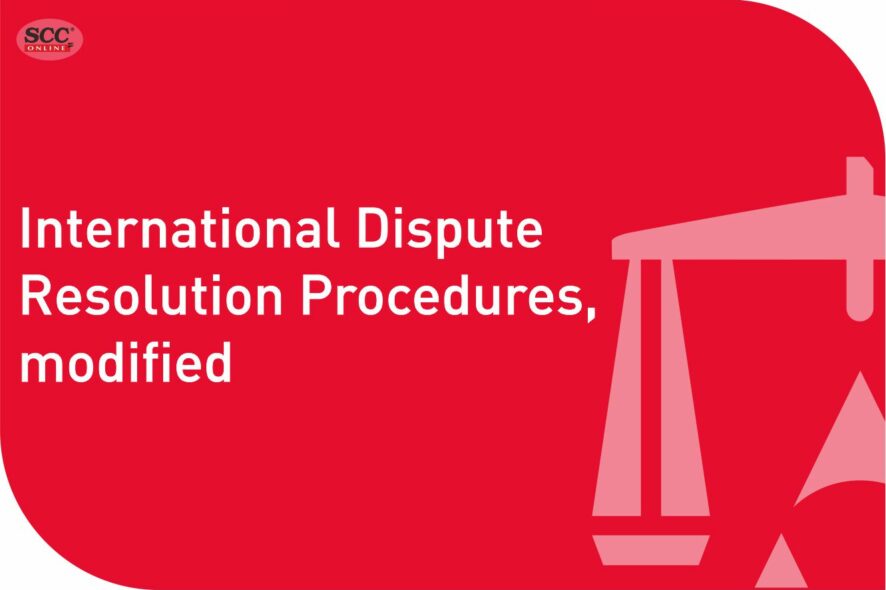The International Centre for Dispute Resolution (ICDR) issued a revised set of rules to the ICDR Dispute Resolution Procedures (including the Mediation and Arbitration Rules)[1], which came into effect from 1st March, 2021. The key changes made to the ICDR Rules are as follows:
- International Administrative Review Council – Article 5
ICDR Rules, 2021 has introduced a new Article 5, which clarifies that the International Administrative Review Council (“IARC”) may decide issues related to (a) arbitrator challenges, (b) the continuing service of an arbitrator, (c) disputes relating to the number of arbitrators, (d) the place of arbitration, and (e) whether the administrative requirements to initiate or file an arbitration have been met.
- Joinder – Article 8 (former Article 7) and Consolidation – Article 9 (former Article 8)
The 2021 ICDR Rules widens the former Article 7.1 by introducing new Article 8(1), which permits joinder after the constitution of the tribunal if the tribunal determines that such joinder would serve the interests of justice and the additional party consents to the joinder. Similarly, the new Article 9 widens the scope to consolidate where arbitrations involve “related” parties, as opposed to the “same” parties under the previous rules.
- Impartiality and Independence of Arbitrators
The 2021 amendment Rules has amended Article 14(1) to expand the rights and obligations of the arbitrators. These duties include: (a) to maintain standards of impartiality and independence, (b) to know and act in accordance with the ICDR Rules and the terms of the Notice of Appointment provided by the Administrator, and (c) to act in accordance with The Code of Ethics for Arbitrators in Commercial Disputes.
- Third Party Funding
Article 14(7) imparts the obligation upon the arbitrators with respect to third party funding. On the application of a party, or on its own initiative after consulting the parties, the tribunal may require the parties to disclose: a) Whether any third-party has undertaken to pay or to contribute to the cost of a party’s participation in the arbitration, and if so, to identify the person or entity concerned and to describe the nature of the undertaking. b) Whether any non-party (such as a funder, insurer, parent company, or ultimate beneficial owner) has an economic interest in the outcome of the arbitration, and if so, to identify the person or entity concerned and to describe the nature of the interest.
- Technology and Data Protection
Article 22 of the 2021 Rules on “Conduct of Proceedings” requiring the tribunal to the use of video, audio, and other electronic means of communication, aftermath of the pandemic. Further, a duty to discuss cybersecurity, privacy, and data protection with the parties to provide the requisite security. It also emphasises upon transparency regarding ICDR decision-making on arbitrator challenges and other administrative determinations.
- Early Disposition (Article 23)
The new Article 23 of the 2021 ICDR Rules aims to promote efficiency in arbitration by allowing early disposition of issues. A party must request leave from the tribunal and the tribunal may allow such request if a) the application has a reasonable possibility of succeeding; b) it will dispose of, or narrow, one or more issues in the case; and c) that consideration of the application is likely to be more efficient or economical than leaving the issue to be determined later with the merits. In addition to this, the maximum claim or counter claim amount allowed in cases of expeditious arbitration matters has been extended from USD 250,000 to USD 500,000.
*Tanvi Singh, Editorial Assistant has put this story together.
[1] ICDR_Rules.pdf (adr.org) https://go.adr.org/rs/294-SFS-516/images/ICDR_Rules.pdf



